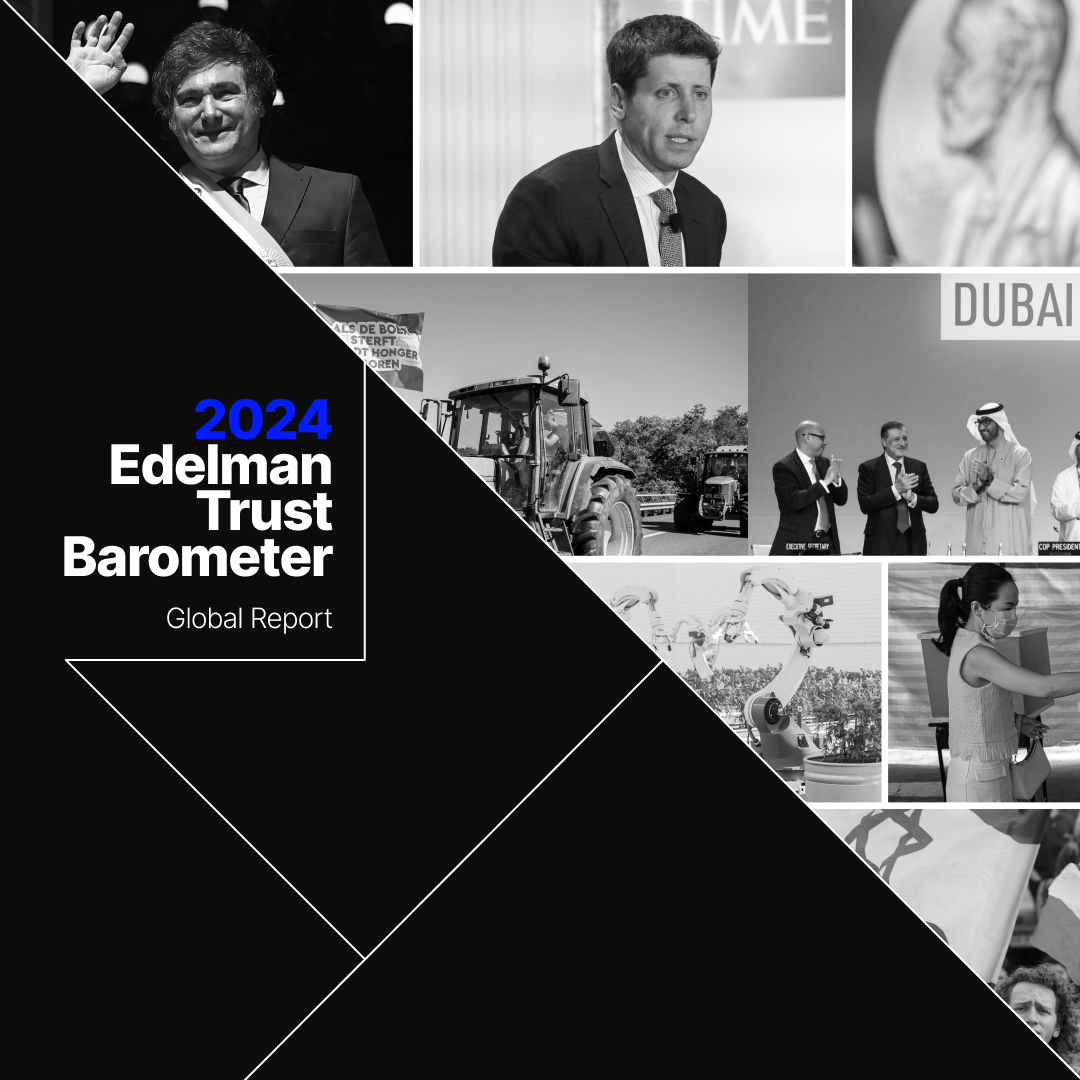- Global (EN)
- Africa (EN)
- Australia (EN)
- Belgium (EN)
- Brasil (PT)
- Canada (EN)
- Canada (FR)
- China (CN)
- France (FR)
- Germany (DE)
- Germany (EN)
- Hong Kong (EN)
- India (EN)
- Indonesia (EN)
- Ireland (EN)
- Italy (IT)
- Italy (EN)
- Japan (JP)
- Korea (KR)
- Latin America (ES)
- Malaysia (EN)
- Middle East (EN)
- Netherlands (EN)
- Spain (ES)
- UK (EN)
- Global (EN)
- Africa (EN)
- Australia (EN)
- Belgium (EN)
- Brasil (PT)
- Canada (EN)
- Canada (FR)
- China (CN)
- France (FR)
- Germany (DE)
- Germany (EN)
- Hong Kong (EN)
- India (EN)
- Indonesia (EN)
- Ireland (EN)
- Italy (IT)
- Italy (EN)
- Japan (JP)
- Korea (KR)
- Latin America (ES)
- Malaysia (EN)
- Middle East (EN)
- Netherlands (EN)
- Spain (ES)
- UK (EN)
- There is a resurgence of trust in experts over family and friends on health issues.
- Doctors are trusted to tell the truth and play a big role in people’s health.
- The high level of trust in providers can be leveraged to grow trust in the broader system.
Now in its third year, the 2024 Edelman Trust Barometer Special Report: Trust and Health shows a swing back to trust in experts. Aficionados of the study will recall that in 2023 we saw an increase of 11 points in trust in friends and family to tell the truth about health issues and how to protect the health of the public. But this year we see more trust in experts, particularly in doctors, over family and friends.
The study provides helpful guidance for health communications in terms of who is trusted to deliver information on health issues and topics. In recent years, influencers and content creators have often seemed to be credible voices, but this year’s study shows a different picture.
One of the most surprising findings in 2023 was that 44 percent of the 18–34-year-old age group felt that the average person who has done their own research could be just as knowledgeable on most health matters as doctors. This figure has dropped by 8 points since last year. Not only that, but 55 percent of respondents in this age group say they have regretted a decision they made based on misinformation.
Against this backdrop it is not surprising that more than half (52 percent) of people are taking precautions to avoid falling prey to misinformation. Encouragingly, the number one action the respondents take to vet health information is to talk to their doctor about it. In fact, of the sources of health information we ask about in the study, My Doctor is the only one that is on the rise, with 83 percent trusting them to tell the truth about how best to protect the health of the public. Other sources are all declining in trust – some quite precipitously, like journalists, who are down 10 points from last year to 35 percent trust.
And this “fact checker” role is not the only way in which the influence of the doctor is expanding. My Doctor is second only to “myself” when it comes to who we expect to play a big or huge role in making sure we are as healthy as possible. Those who deliver our healthcare are also the most trusted to do what is right, with My Doctor most trusted at 85 percent, doctors in general at 84 percent and nurses at 83 percent.
The strength of trust in the doctor is in marked contrast to that in the societal institutions. Trust in Business, NGOs, Government and Media to do what is right in addressing people’s health needs and concerns has declined this year. Business is down 4 points since last year to 52 percent trust (although this still means it the only one of the four in neutral territory). The other three are all distrusted. Trust in NGOs has seen the largest fall, 7 points down to 49 percent trusted. Government is down 4 points to 43 percent and Media is the least trusted of all, dropping 5 points to 41 percent trust.
Last year’s study also investigated trust in employers. When asked if people trust an institution to do what is right when it comes to addressing health-related needs and concerns, 72 percent of employees trusted their Employer. This year, that has fallen slightly (by 4 points) but with 68 percent trusting, it is still far and away the most trusted of the five institutions.
Note that once again we are talking about people’s direct relationships: My Employer and My Doctor. This focus of trust on the company that employs me or the individual who delivers my care aligns with a trend we have seen across reports over the past few years: Trust is local. We trust those who are closest to us and increasingly distrust those who are not. That is good news for healthcare professionals but less so for our health institutions, companies and organizations. Since the report tells us that those empowered and with trust in the broader health ecosystem have better health outcomes, building trust in the wider healthcare system is clearly something that needs work.
Overall, the shift in trust toward healthcare providers is a promising sign. Respondents are learning from their mistakes and have become wary of misinformation. They understand the value of the experts and their insights. Ideally, the current high levels of trust in providers can be leveraged to grow trust in the broader system and not just those who the public see on the front lines. Having healthcare experts front-and-center in health communication is now, therefore, more important than ever. Thinking carefully about who exactly is trusted, not just who may be perceived as wielding influence, is essential if we are to repair the damage the pandemic caused to trust in healthcare systems.
Carolyn Paul is Global Managing Director and EMEA Health Chair, Edelman








